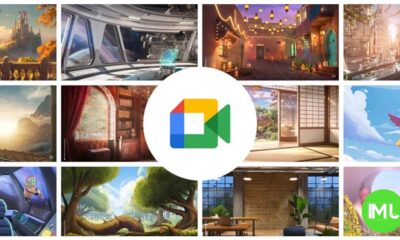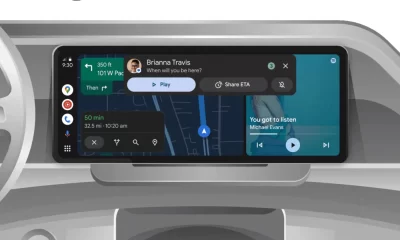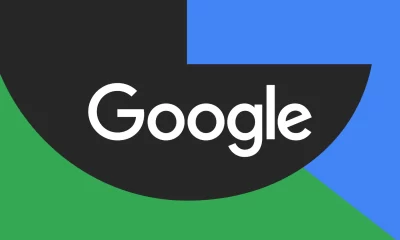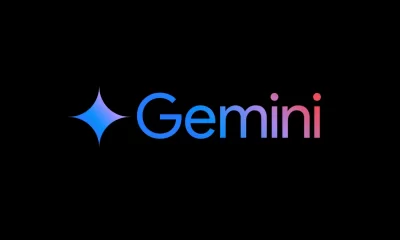Pixel
Google Pixel 8a UK prices leak alongside 7-year Android update support
Google Pixel 8a prices for the UK revealed by trusted tipster ahead of launch. Roland Quandt claims the prices of Google Pixel 8a in the UK could start from 499 GBP (Great British Pound). Another report claims the device will bring 7-year Android update support.
According to the info, Google Pixel 8a will cost 499 GBP for 128GB and 559 GBP for 256GB in the UK. It translates to roughly $625 and $700, respectively, for the US market. However, the real market pricing wouldn’t be much higher due to regional tax variation.
UK prices:
Pixel 8a 128GB = 499 GBP
Pixel 8a 256GB = 559 GBP— Roland Quandt (@rquandt) May 5, 2024
AndroidHeadlines report says the the Pixel 8 and Pixel 8 Pro-like 7-year OS support will be available in the Pixel 8a too. As the pricing isn’t increasing, longer software support will be a huge boost to this year’s affordable Pixel “a” smartphone.
Samsung’s recently launched Galaxy A35 and Galaxy A55 offer four OS and five years of software support. The latter isn’t launching in the United States, whereas, Google’s significant upgrades to Pixel 8a will surely give an edge over rivals internationally.
Stay up-to-date on Google Pixel, Android & Tech Stuffs by following I M Judge on X/Twitter where you can also discover the latest news, polls, reviews, and new features for Google Apps, Pixel Phones, and the Android operating system.
Do you like this post? Kindly, let us know on X/Twitter: we love hearing your feedback! If you prefer using other social platforms besides X, do follow/join us on Facebook and Telegram.
Google Pixel 9 gets new Fi plan and Pixel 10 chip to be made by TSMC
Google has just announced a new phone plan for the upcoming Pixel 9 series. This plan, called the Pixel Plan, is part of Google Fi Wireless and will be available when the Pixel 9 launches. With this plan, users can get device protection, a phone upgrade every two years, and a special discount when buying the Pixel 9.
The Pixel Plan is meant to give Pixel users more value and make it easier to keep their phones up to date. Google Fi already offers flexible and unlimited plans, but the Pixel Plan is focused on people who want the latest Pixel features and extra support.
In other news, Google is making a big change for the Pixel 10. Reports say that Google will switch from Samsung to TSMC to make the chip for the Pixel 10. The chip, likely called Tensor G5, will be the first Pixel chip made by TSMC. This move is surprising because Google has worked with Samsung for the past Pixel chips.
TSMC is known for making powerful and efficient chips, so this change could mean better performance and battery life for future Pixel phones. The switch also shows that Google wants to improve its hardware and keep up with other top smartphone brands.
Overall, Google is working hard to give Pixel users better plans and stronger phones in the future.
Google Pixel 10 case leaks show new design hints
Recently, leaked images of Google Pixel 10 cases have surfaced online, giving us a good look at what the new phone might look like. These case photos, shared by a reliable source, show that Google could be making some changes to the Pixel 10’s design compared to last year’s Pixel 9 series.
The most noticeable change is the camera bar. The Pixel 10’s camera area seems a bit slimmer and more refined than before, but it still stretches across the back of the phone. The cases also suggest that the phone will keep its flat sides, a design choice Google started with the Pixel 6 and continued in later models.
Another detail from the leaks is the button placement. The power and volume buttons are still on the right side, just like previous Pixels. The cases show cutouts for the USB-C port and speakers at the bottom, which is pretty standard for most smartphones.
Overall, these leaks hint that Google isn’t making huge changes to the Pixel 10’s look, but it is making small tweaks to keep things fresh. As always, these are just early leaks, so the final design could still change before Google officially announces the phone.
In short, the leaked Pixel 10 cases give us a sneak peek at Google’s next phone, showing a familiar but slightly updated design that fans will likely recognize and appreciate.
Android
Google Pixel 10 may get a macro camera and Pixel 12 codenames revealed

Google is working on some exciting updates for its future Pixel phones. According to recent reports, the Pixel 10 might come with a special macro camera. This camera would let you take clear and detailed close-up photos, which is something Pixel phones haven’t had before.
Right now, Google uses a telephoto lens for zooming in, but a macro lens would be better for capturing small details, like flowers or insects. This change could help the Pixel 10 stand out from other smartphones.
Along with the camera news, new codenames for the Pixel 12 series have been found. These codenames are used by Google during the development process. The Pixel 12 and Pixel 12 Pro are called “clementine” and “kiwi.” There is also a third model, possibly the Pixel 12 Pro XL, with the codename “robo.” These names don’t reveal much about the phones themselves, but they do confirm that Google is working on more than two Pixel 12 models.
In summary, Google’s upcoming Pixel phones could offer a better camera experience with a new macro lens, and the Pixel 12 series will include at least three different models. Fans of Pixel phones can look forward to more choices and improved features soon.
-
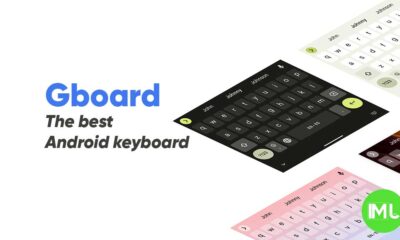
 Apps1 year ago
Apps1 year agoGboard Proofread feature will support selected text
-

 News1 year ago
News1 year agoSamsung USA crafting One UI 6.1.1
-

 Apps12 months ago
Apps12 months agoGoogle Contacts app testing new Besties Widget
-
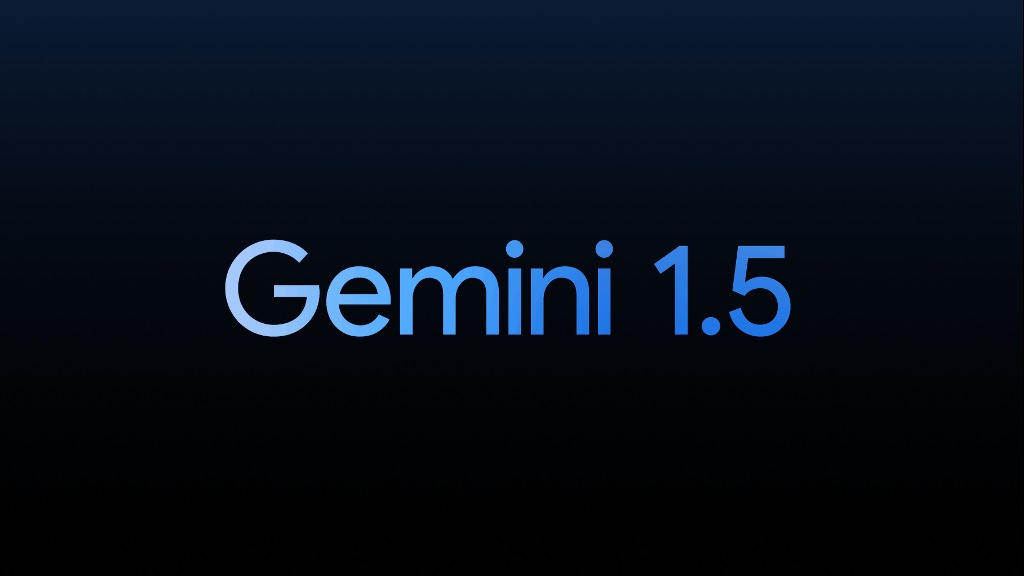
 AI12 months ago
AI12 months agoGoogle Pixel 9 Pro may come with a complimentary one-year Gemini Advanced subscription
-

 News1 year ago
News1 year agoBreaking: Samsung Galaxy S22 may get Galaxy AI features
-
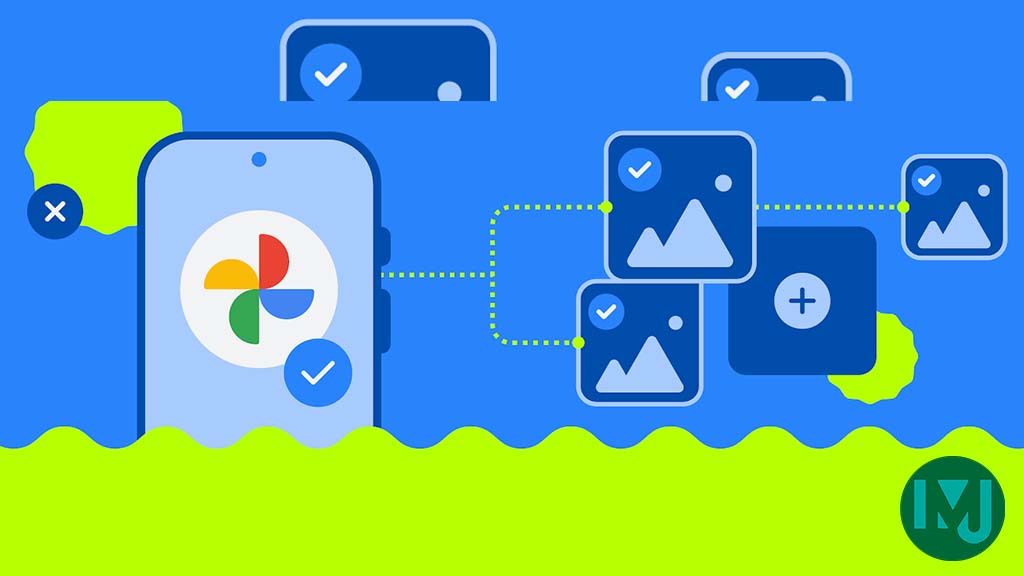
 Apps12 months ago
Apps12 months agoGoogle working on a new video editing feature for its Photo app
-
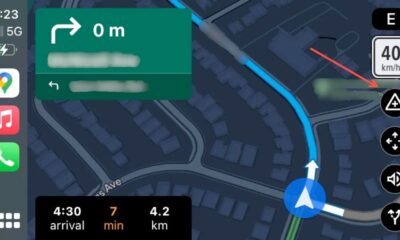
 Apps12 months ago
Apps12 months agoGoogle Maps lets you report traffic jams and accidents on Apple CarPlay, but not on Android Auto
-

 Apps12 months ago
Apps12 months agoGoogle Messages app will transform MMS chats into RCS

